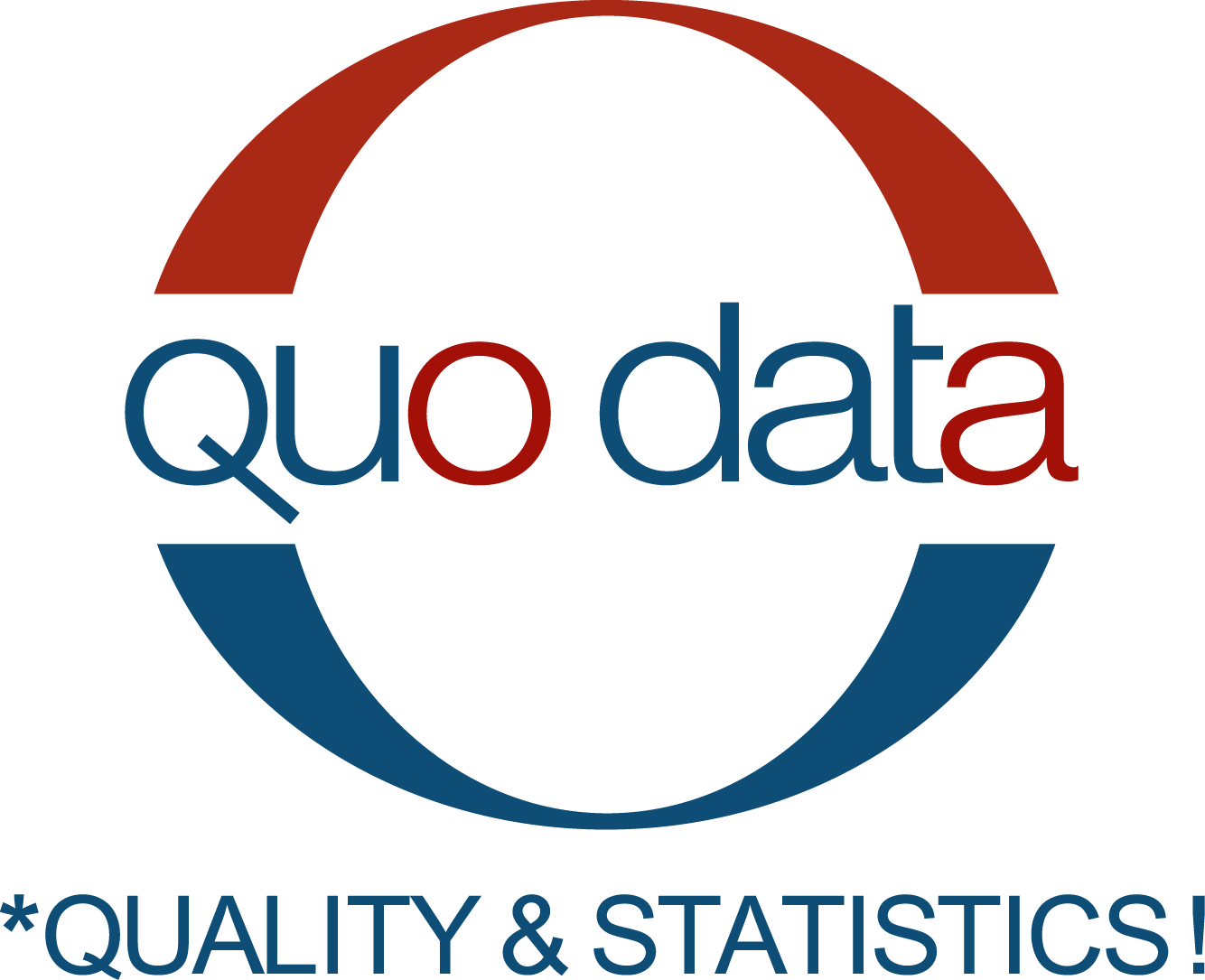The HERMES project – at the heart of improving human health
QuoData is thrilled to kickstart a new project called HERMES (Highspeed Erfassung und Regelung Mikrophysiologischer Eigenschaften mit einer intelligenten Steuerung), along with the Fraunhofer Institute for Material and Beam Technology (IWS), the Medical Faculty of TU Dresden (Institute for Pharmacology and Toxicology) and DELTEC GmbH. Over the next two and a half years, the Saxony based research institutions and SMEs together will work on developing organ-on-chip technologies for improved drug discovery and drug safety.
The project aims to design and develop an integrated, next generation heart-on-chip platforms. Such a tunable platform, on which cardiac stem cells can be cultured can be used directly to evaluate drug performance, and thus reduce reliance on animal models. Considering that cardiovascular diseases are responsible for about 50% of premature deaths according to the WHO, engineering platforms to facilitate development of therapeutics is essential. Moreover, such a platform will promote individualized medicine, in which active substances are tested on patient-specific cells or tissues. Within the scope of the project, the efficacy of the tested substances will be evaluated by studying the response of stem cells in real time using an automated measuring system.
Such a system will primarily consist of:
- Microphysiological systems and protocols for the cultivation of heart muscle cells under defined conditions
- Heart muscle cell activity measurement system with integrated modules for controlling and regulating microphysiological systems
- Cloud based data analysis using artificial intelligence
In addition to leading and managing the project, QuoData will be mainly responsible for the bioimage processing, developing machine learning algorithms, validating new evaluation methods and developing a cloud-based expert system with user interface.
At the end of June, the HERMES kick-off meeting took place in Dresden at the premises of QuoData. The project is funded by the European Regional Development Fund (ERDF).


